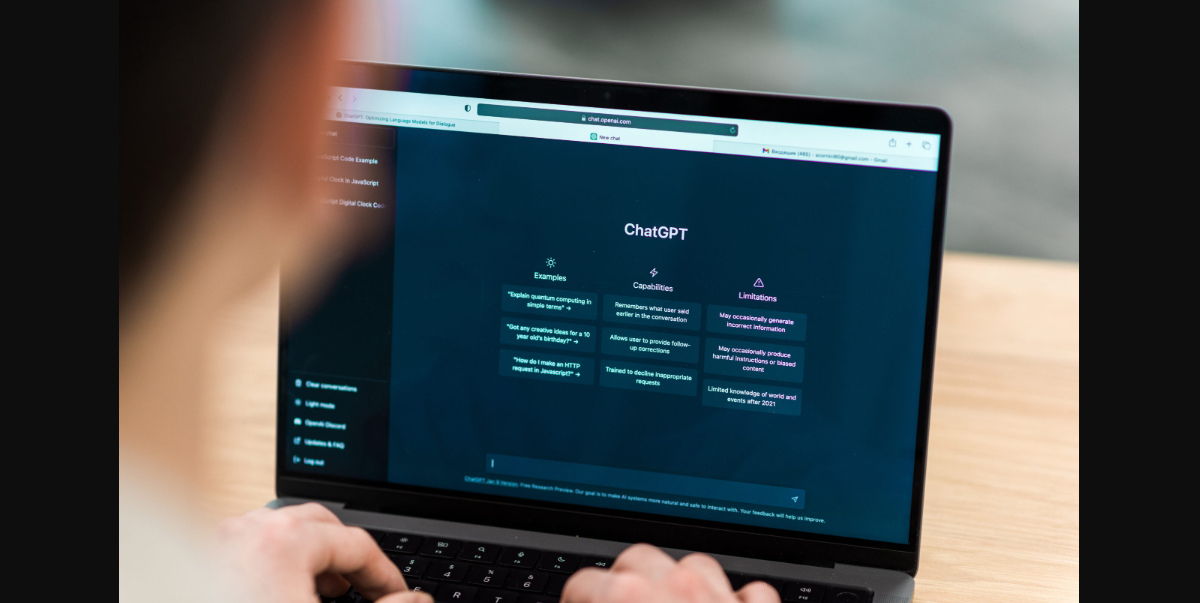Creating a custom GPT in 2025 is easier than ever. You don’t need to be a coder or an AI expert — just follow a few simple steps and you can build a chatbot, virtual assistant, or content generator that speaks in your voice and knows your data.
What Is a Custom GPT?
A Custom GPT is your own version of a powerful AI model (like GPT-5) that is:
- Trained on your data – product docs, FAQs, articles, spreadsheets
- Personalized to your brand voice – formal, casual, or friendly
- Integrated with your workflow – website, CRM, Slack, or email
Think of it as having an AI assistant that knows everything about your business and always answers the way you want.
Step-by-Step: How to Create a Custom GPT
Follow these steps to build your first custom GPT in 2025:
1. Open ChatGPT and Explore GPTs
Go to chat.openai.com, click Explore GPTs, and select Create a GPT.
2. Write Clear Instructions
Define your GPT’s:
- Name: e.g., “Startup Marketing Coach”
- Role: Explain what it should do
- Tone: Friendly, professional, or formal
Example Prompt:
“You are an expert in startup marketing. Provide step-by-step advice, use real examples, and avoid jargon.”
3. Upload Knowledge Files
Add PDFs, Word docs, spreadsheets, or FAQs.
This becomes your GPT’s private knowledge base, so it can give accurate answers.
4. Customize the Conversation Style
Choose whether responses should be:
- Short or detailed
- Casual or business-like
- Strictly factual or creative
5. Test Your GPT
Use the Preview Panel to chat with it.
If answers are off, adjust instructions or add more data.
6. Deploy and Share
Once you are happy with it:
- Embed it on your website
- Share a private link with your team
- Connect it to Slack, WhatsApp, or CRM
Advanced Option: Automate Workflows
When you’re ready for more control, use:
- OpenAI Assistants API to add memory or structured outputs
- LangChain to connect GPT to databases and external tools
- Zapier or Make to automate tasks (email replies, lead follow-ups, etc.)
Creating a custom GPT in 2025 is no longer just for developers — anyone can do it.
Start with a simple setup, train it with your data, and expand over time. Whether you want to power customer support, generate content, or act as a virtual tutor, your own GPT can save time and improve productivity.

